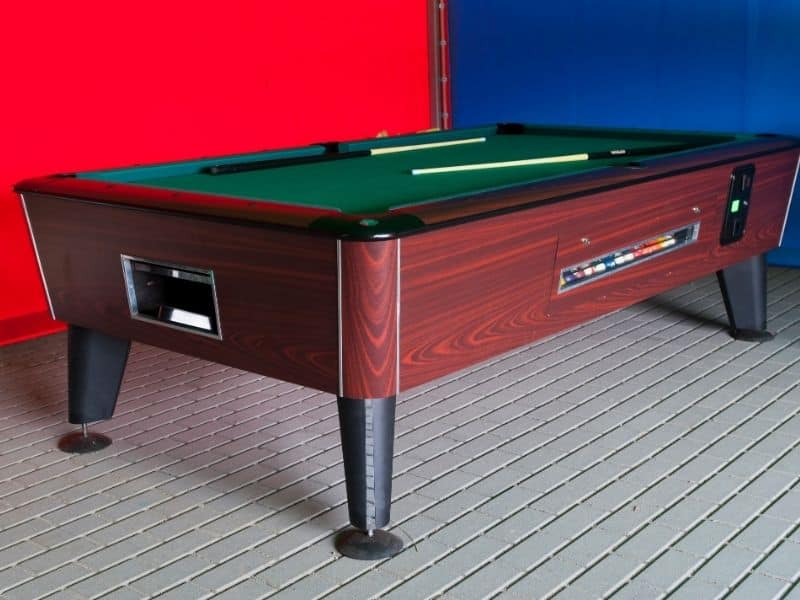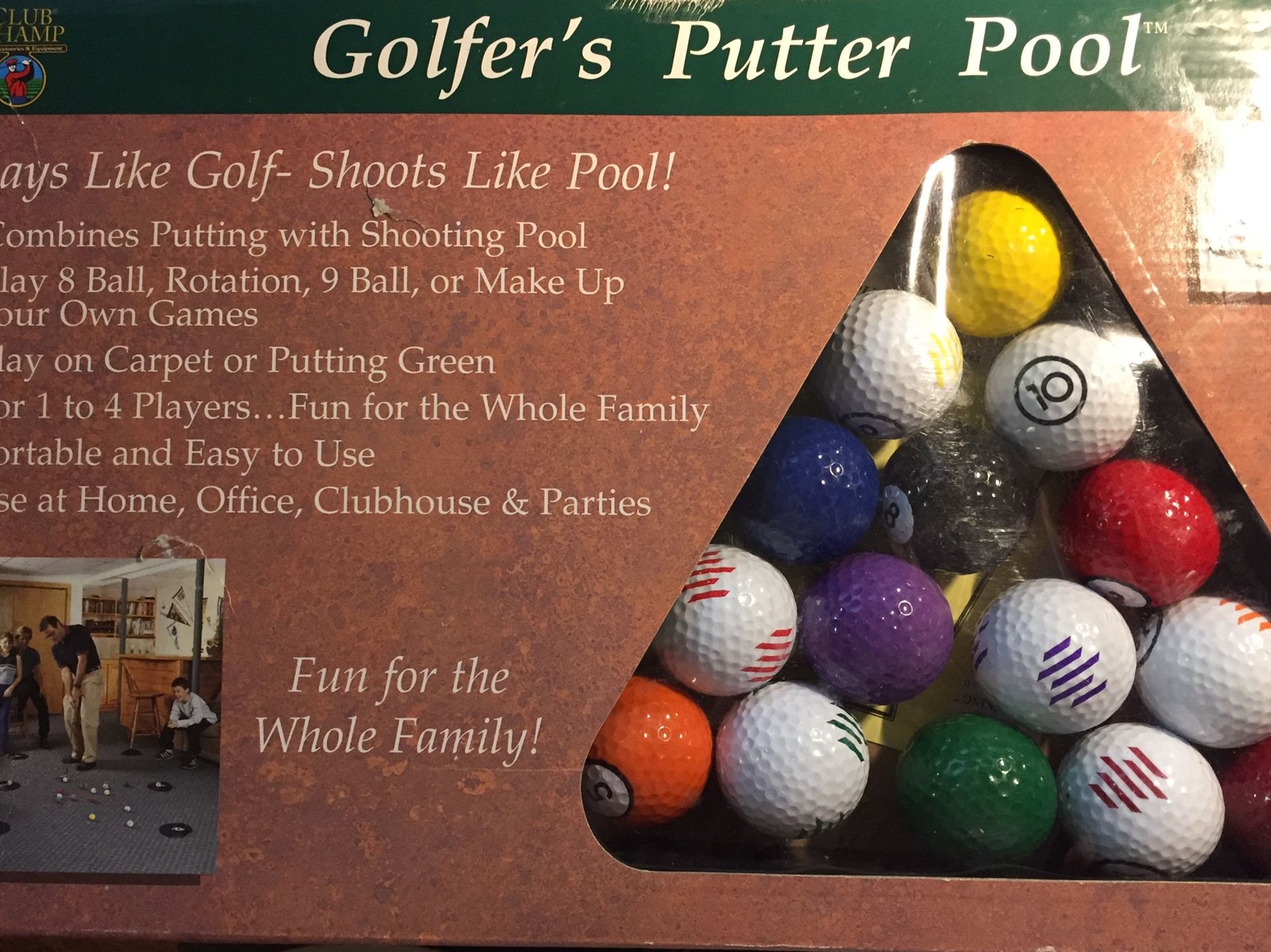
There are many kinds of cues for pool. They come in a variety of sizes and weights so you need to pick the one that suits your playing style and skill level. It's easy to become overwhelmed by the sheer number of cues available, but it is possible to find the perfect one for you. Here are some examples of pool cues.
The first thing to consider when buying a new pool cue is length. This is because a shorter cue will make it easier to raise the cue and clear the overhead during the stroke. On the other hand, a longer length will allow you to easily handle the cue and control the stroke. A cue that is suitable for your arm length will also be important. If you are a tall child, for example, you will need a 48" or 52 inch pool cue. Adults can opt for a cue that is slightly longer like a 61/4" cue.
Another consideration is the type of tip. Many pool cues include a leather tip. Others have a layered tip. A layered tip will provide more consistency and durability. Nylon, suede, linen and other materials are available. It's important to make sure the tips are smooth and not greasy. They will wear out quickly, so it's best to invest in a tip that lasts.

Next is the ferrule. The ferrule is a protective area under the tip of the stick that protects the cue. Nylon ferrules for pool cues work better with heavy balls. They're not as prone to vibrating, which can affect your accuracy.
A look at the joint in your cue is also important. Most pool cues feature joints at half or three-quarters down the shaft. Joints that are closer to the center are usually the most convenient. Choosing a cue that has a central joint will also make it easier to store the cue.
If you're looking to buy a high-quality pool cue, the shaft will be of great value. The cost of a pool cue with a top-of the-line shaft is typically between $300 and $500. Also, shafts made with brass or carbon fibre are very popular.
Hardwood is a common material in pool cues. Maple is a common wood used for pool cues in the United States. But, exotic woods are also available. Even if you choose a cheaper option, make sure the material is strong enough for the heavy cue ball.

The wrap of your pool cue must be smooth and even. It should also have no knots or raised areas. Some cues do not require a wrap. You might prefer a more customized design.
There are many factors to take into consideration when selecting a pool cue. Whether you're an avid gamer or just learning to play, a good pool cue will give you the precision and power you need to achieve your goals.